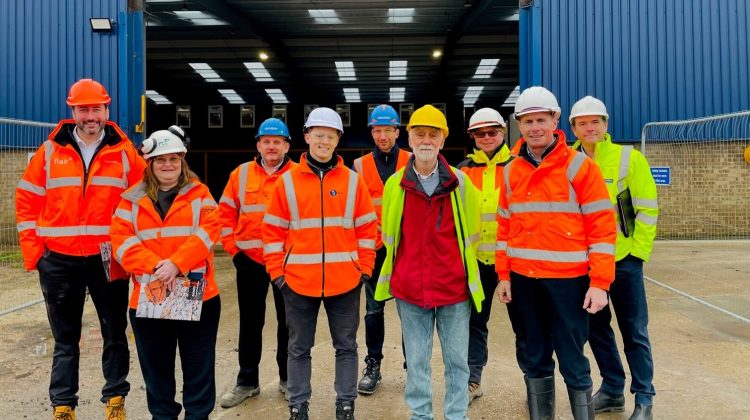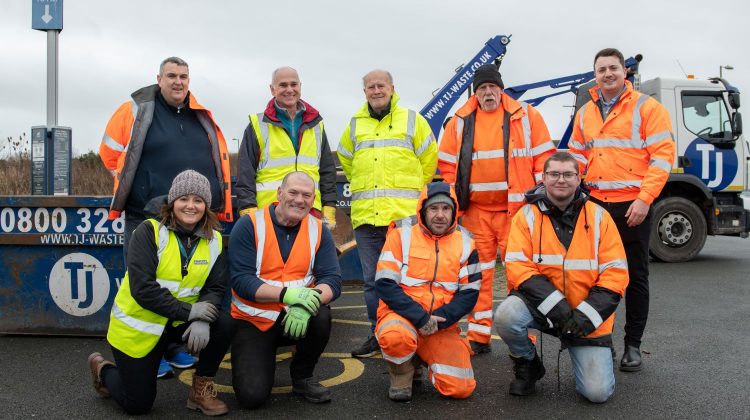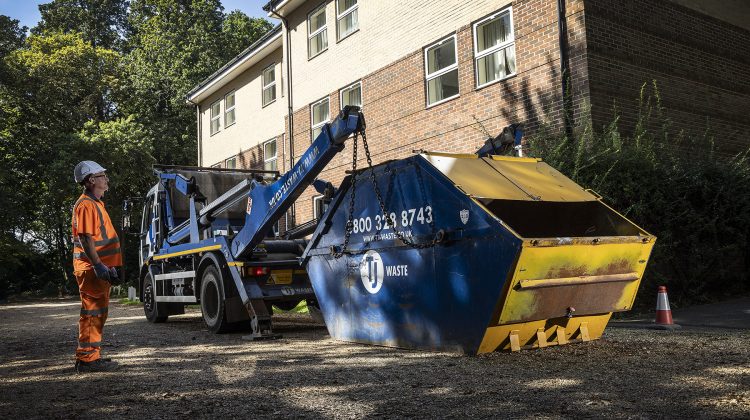Change your stored postcode to update prices for your location.
You may have read an ‘expose’ article from the BBC regarding waste incineration, claiming it to be the dirtiest form of power in the UK. It can be found here: Burning household rubbish now UK’s dirtiest form of power, BBC finds – BBC News.
From the outset, the article focuses on incinerators only as a source of energy and so is inherently flawed in failing to acknowledge the environmental and carbon impact of the waste (or RDF) itself i.e. sending it to landfill, or simply letting the waste build up outside of homes and businesses!
Incineration demand in the UK is currently increasing and we, as a country, export 1.53 million tonnes (2023) of RDF owing to the lack of EfW infrastructure and rising costs on alternatives – simply put, other countries currently do ‘it’ better and this rhetoric is unfortunately damaging to the progress around planning and investment in UK waste infrastructure.
EfW demand is forecast to decrease over the next 20-30 years, placing an emphasis on greater recovery/sorting capacity (such as our four MRFs). However, there’s a further complex issue around what happens to the recovered waste streams as both the domestic recycling infrastructure and commodity markets are poor, which ultimately leads to the question of ‘who pays for recycling’? For example, deposit return schemes (paying for cans/bottles) have been used in many developed countries for many years, yet the UK still does not have an active scheme.
I urge to read the industry response to the article here for a balanced view: Industry responds to BBC article labelling EfW ‘dirty’
Please get in touch if you have any questions or you’d like to share your thoughts on this.




Change your stored postcode to update prices for your location.